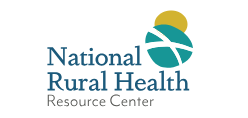July 25, 2025

CMS Proposes to Decrease Hospital Outpatient Payments for Non-Drug Items and Services to Offset Higher Payments Made as a Result of 340B Payment Policy, Comment by September 15
Between 2028 and 2022, the Centers for Medicare & Medicaid Services (CMS) decreased Medicare reimbursements to hospitals paid under the outpatient prospective payment system (OPPS) for drugs acquired through the 340B Drug Pricing Program (“340B Program”), a Health Resources and Services Administration (HRSA) program that allows covered entities to purchase certain outpatient drugs at discounted prices from drug manufacturers.
To maintain budget neutrality, CMS redistributed the savings to all hospitals paid under the OPPS by increasing their payment rates for non-drug items and services. In 2022, the Supreme Court held that because CMS did not conduct a survey of hospitals’ acquisition costs, they could not vary the payment rates for outpatient prescription drugs by hospital group.
In response, CMS finalized in the Final Remedy Rule that 340B hospitals would receive a one-time lump sum payment reimbursing them for the decreased drug payments and CMS would reduce payments for non-drug items and services to all OPPS providers by 0.5 percent starting in 2026 until the total offset was reached (estimated to be about 16 years).
Click Here to Read More and Submit Comment








